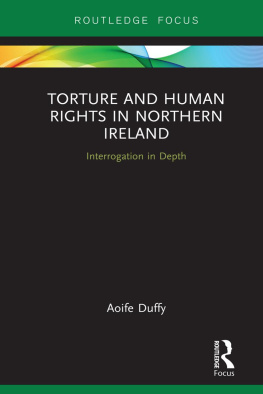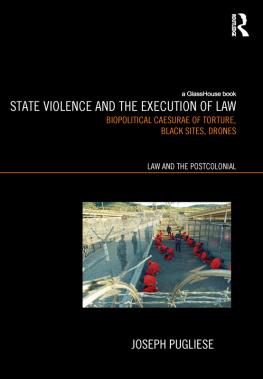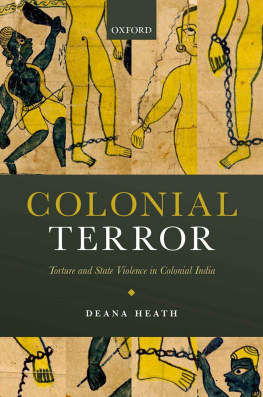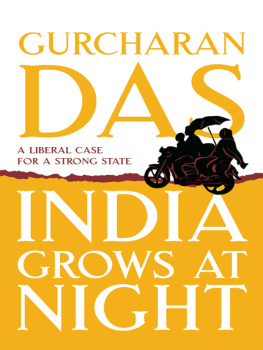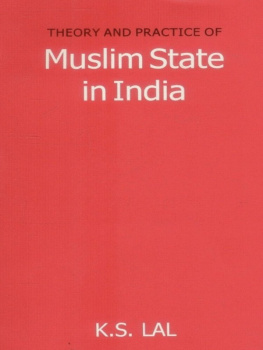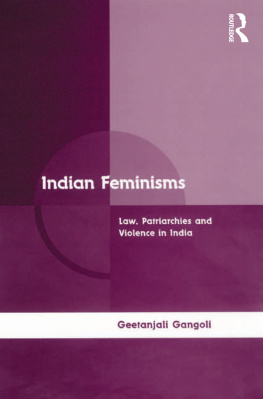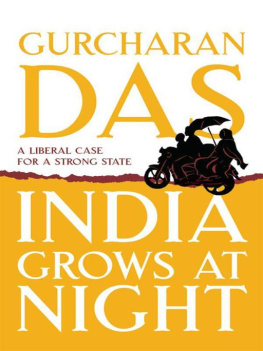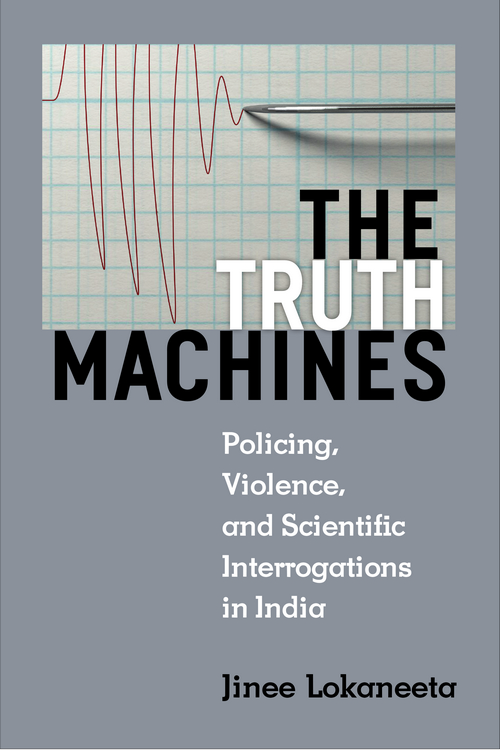
The Truth Machines
Using case studies and the results of extensive fieldwork, this book considers the nature of state power and legal violence in liberal democracies by focusing on the interaction between law, science, and policing in India. The postcolonial Indian police have often been accused of using torture in both routine and exceptional criminal cases, but they, and forensic psychologists, have claimed that lie detectors, brain scans, and narcoanalysis (the use of truth serum, Sodium Pentothal) represent a paradigm shift away from physical torture; most state high courts in India have upheld this rationale.
The Truth Machines examines the emergence and use of these three scientific techniques to analyze two primary themes. First, the book questions whether existing theoretical frameworks for understanding state power and legal violence are adequate to explain constant innovations of the state. Second, it explores the workings of law, science, and policing in the everyday context to generate a theory of state power and legal violence, challenging the monolithic frameworks about this relationship, based on a study of both state and non-state actors.
Jinee Lokaneeta argues that the attempt to replace physical torture with truth machines in India fails because it relies on a confessional paradigm that is contiguous with torture. Her work also provides insights into a police institution that is founded and refounded in its everyday interactions between state and non-state actors. Theorizing a concept of Contingent State, this book demonstrates the disaggregated, and decentered nature of state power and legal violence, creating possible sites of critique and intervention.
Jinee Lokaneeta is a professor in political science and international relations at Drew University in Madison, New Jersey.
Law, Meaning, and Violence
The scope of Law, Meaning, and Violence is defined by the wide-ranging scholarly debates signaled by each of the words in the title. Those debates have taken place among and between lawyers, anthropologists, political theorists, sociologists, and historians, as well as literary and cultural critics. This series is intended to recognize the importance of such ongoing conversations about law, meaning, and violence as well as to encourage and further them.
Series Editors: Martha Minow, Harvard Law School Austin Sarat, Amherst College
recent titles in the series
The Truth Machines: Policing, Violence, and Scientific Interrogations in India
by Jinee Lokaneeta
Keeping Hold of Justice: Encounters between Law and Colonialism
by Jennifer Balint, Julie Evans, Mark McMillan, and Nesam McMillan
The Jurisprudence of Emergency: Colonialism and the Rule of Law(with new Foreword and Preface)
by Nasser Hussain
Archiving Sovereignty: Law, History, Violence
by Stewart Motha
The Holocaust, Corporations, and the Law: Unfinished Business
by Leora Bilsky
Curating Community: Museums, Constitutionalism, and the Taming of the Political
by Stacy Douglas
Refining Child Pornography Law: Crime, Language, and Social Consequences
edited by Carissa Byrne Hessick
The First Global Prosecutor: Promise and Constraints
edited by Martha Minow, C. Cora True-Frost, and Alex Whiting
Hybrid Justice: The Extraordinary Chambers in the Courts of Cambodia
by John D. Ciorciari and Anne Heindel
The Justice of Mercy
by Linda Ross Meyer
Dying Inside: The HIV/AIDS Ward at Limestone Prison
by Benjamin Fleury-Steiner with Carla Crowder
Sacred Violence: Torture, Terror, and Sovereignty
by Paul W. Kahn
Punishment and Political Order
by Keally McBride
Lives of Lawyers Revisited: Transformation and Resilience in the Organizations of Practice
by Michael J. Kelly
Among the Lowest of the Dead: The Culture of Capital Punishment
by David Von Drehle
Punishing Schools: Fear and Citizenship in American Public Education
by William Lyons and Julie Drew
Suing the Gun Industry: A Battle at the Crossroads of Gun Control and Mass Torts
edited by Timothy D. Lytton
Transformative Justice: Israeli Identity on Trial
by Leora Bilsky
The Truth Machines
Policing, Violence, and Scientific Interrogations in India
Jinee Lokaneeta
University of Michigan Press
Ann Arbor
Copyright 2020 by Jinee Lokaneeta
All rights reserved
This book may not be reproduced, in whole or in part, including illustrations, in any form (beyond that copying permitted by Sections 107 and 108 of the U.S. Copyright Law and except by reviewers for the public press), without written permission from the publisher.
Published in the United States of America by the University of Michigan Press
Manufactured in the United States of America
A CIP catalog record for this book is available from the British Library.
Library of Congress Cataloging-in-Publication data has been applied for.
First published March 2020
Library of Congress Cataloging-in-Publication Data
Names: Lokaneeta, Jinee, author.
Title: The truth machines : policing, violence, and scientific interrogations in India / Jinee Lokaneeta.
Description: Ann Arbor : University of Michigan Press, [2020] | Series: Law, meaning, and violence | Includes bibliographical references and index.
Identifiers: LCCN 2019047666 (print) | LCCN 2019047667 (ebook) | ISBN 9780472074396 (hardcover) | ISBN 9780472054398 (paperback) | ISBN 9780472126477 (ebook)
Subjects: LCSH: PoliceIndia. | Police questioningIndia. | Lie detectors and detectionIndia. | Forensic sciencesIndia. | TortureGoverment policyIndia. | ViolenceGovernment policyIndia.
Classification: LCC HV8247.L65 2020 (print) | LCC HV8247 (ebook) | DDC 363.25/40954dc23
LC record available at https://lccn.loc.gov/2019047666
LC ebook record available at https://lccn.loc.gov/2019047667
Contents
Digital materials related to this title can be found on the Fulcrum platform via the following citable URL: https://doi.org/10.3998/mpub.9729771.
Page vi Page vii
Threads to this book emerged from disparate moments. A chance conversation with the late legal scholar Nasser Hussain in Berkeley and his excitement at a time when most were mystified with my project gave me the confidence to proceed; he is sorely missed.
The wonderful Dr. Ramanadham memorial lecture by Dr. Amar Jesani on narcoanalysis and my consequent conversations and collaborations with him were crucial in reminding me about the role of semi-state actors in understanding state violence.
Despite skepticism about access and whether short visits were adequate to gain insights into the techniques, conducting field research was an exciting aspect of the project. Pratiksha Baxis constant urge to visit the field and Nivedita Menons report of a comment by a retired director general of police (DGP) that narcoanalysis was introduced to replace physical torture ensured that I was hooked into an in-depth study.
In the absence of much funding, the generosity of friends and family allowed me to visit five Indian cities for interviews. In Ahmedabad the camaraderie of Hiren Bhai and Niyati Ben sustained me in 2013. I enjoyed their hospitality and witnessed some of the amazing work they and Saroop Ben do. Prita Jha created moments of conversations and became a friend in the city.
It is hard to think of my Hyderabad trip without mentioning Kalpana Kannabiran and Kavita Datla. Kalpana invited me to participate in a meaningful conference on violence studies, allowing me to spend some time with scholars who I most respect; she also reconnected me to the Andhra civil liberties world. Meeting Haragopal and Vanamala, visiting Balagopals house and spending some time with Vasantha, and an amazing dinner conversation with Vasanth Kannabiran were reminders of the inspiring world that I am fortunate to be touched by.
Next page

